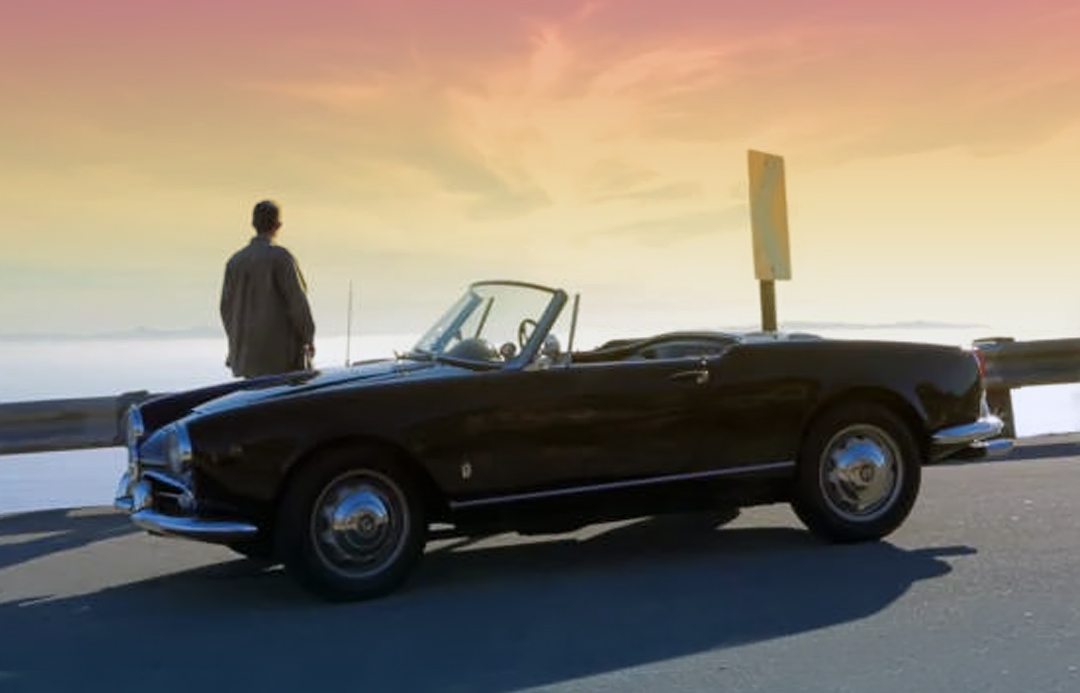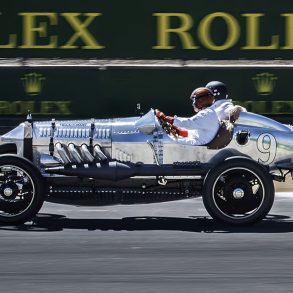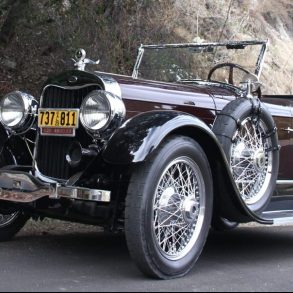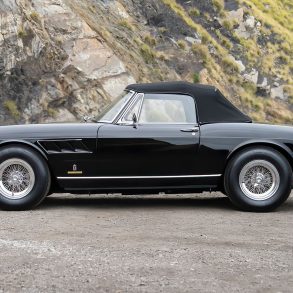
Photo: Dan R Boyd
Over the course of the past month, a surge of activism has swirled through the American car collecting community. What has triggered this rallying cry to action, you might ask? Preservation? Youth involvement? Nope…taxes.
On May 23, the U.S. Department of Commerce posted a request for public comment on “Section 232 National Security Investigation of Imports of Automobiles, Including Cars, SUVs, Vans and Light Trucks, and Automotive Parts.” While this may sound as dry as a Porsche’s radiator, what it proposes is an across the board 25% tax on all foreign cars and parts imported into the U.S., under the notion that these imports pose a risk to “national security.” But what has caught the attention of the rank-and-file in the collector car community is the lack of specificity in the language of the proposal—as written, this applies to ALL imported vehicles and parts, regardless of age. As such, should your lifelong search for that lost Etceterini in the Guatemalan jungle finally end in a $100,000 purchase, when you go to collect your rusted out hulk and milk carton full of parts at the dock, you can expect Uncle Sam to be waiting for you and expecting his $25,000 taste. Ouch. [Click here to read the full proposal.]
As you can imagine, nothing motivates people to action like dipping your hand into their pockets. So, by the June 23rd deadline for comment, nearly 2,000 people had lodged their thoughts on the Commerce Department’s Web site. [Click here to read the submitted comments]
But while American collectors are justifiably up in arms over this, I can’t help but think that our Australian and British brethren must be snickering at us. Why you might ask? Because, a 25% import tax on classic cars would be a Christmas gift to them.
In Australia for instance, there is a Luxury Car Tax (LCT) of 33% on any vehicle imported into the country valued over AUS$64,132, though exceptions are made for the purposes of museum or gallery displays for the public. In the UK, if one imports a classic car, there is a 10% customs duty, as well as a 20% VAT tax. For vehicles which can demonstrate that they are a “collectors piece of historical interest” the customs duty can be waved and the VAT dropped to 5%, however, the government in recent years has been clamping down on this loophole and retroactively reassessing importers the full taxes and duties on vehicles that they deem to not be historically significant enough. According to the law firm of Goodman Derrick LLP, which specializes in UK collector car law, “To qualify, the vehicle has to be relatively rare, no longer in normal use for the purpose for which it was originally made, sold outside the normal vehicle trade, and of high value. In addition the vehicle should illustrate an important stage in the development of the motor car.”
So, while we Americans are understandably up-in-arms over the potential for this large tax increase, I doubt we’ll get much sympathy from our overseas friends.
Whether this proposal is some kind of political theatre, poorly designed to wrestle trade concessions from major European automotive importers like BMW and Mercedes-Benz is anyone’s guess. But poorly worded or not, as it sits, if this tariff goes into effect it will certainly have a chilling effect on the movement of classic cars and parts entering the United States. While the comment period closed on June 23, there is a public hearing on the proposal scheduled for July, in Washington, D.C. Those interested in the outcome are strongly encouraged to reach out to their elected representatives and let them know how you feel about this proposed change.
Speak now, or be prepared to pay 25% more for Dunlop tires, Weber jets and, of course, original replacement Lucas smoke.










